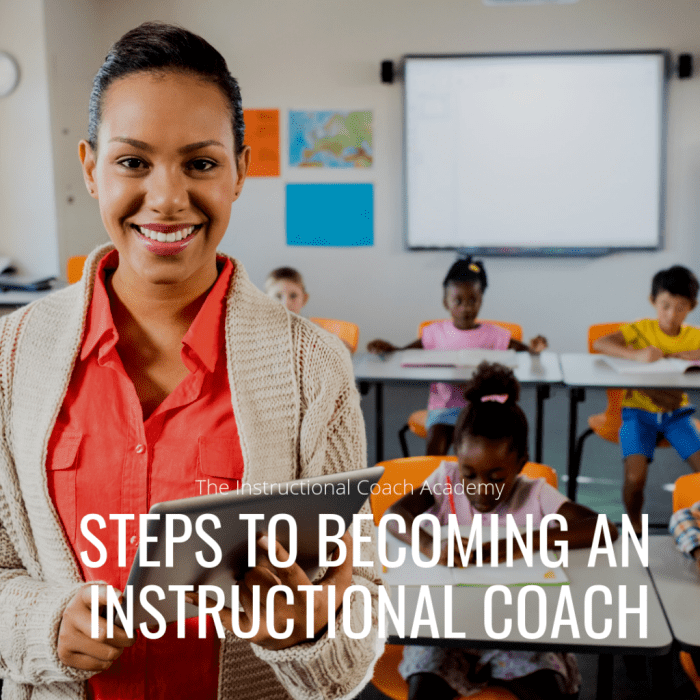
Embark on a journey into the realm of educational technology for educational games, where innovation and learning converge to create a dynamic and engaging experience for students and educators alike.
Delve into the world of engineering education, educational resources, online education, educator development, and the transformative impact of educational technology in shaping the future of educational games.
Engineering Education
Educational technology plays a crucial role in enhancing the learning experience for engineering students. By incorporating interactive tools and educational games, educators can make complex engineering concepts more engaging and easier to understand.
Examples of Educational Games
- SimCity EDU: Pollution Challenge – This game challenges students to design and manage a city while considering environmental impacts, making it a valuable tool for teaching sustainable engineering practices.
- Bridge Constructor Portal – This game combines engineering principles with puzzle-solving, allowing students to design and construct bridges in a fun and interactive way.
- Kerbal Space Program – This game simulates space exploration and rocket design, providing hands-on experience for students interested in aerospace engineering.
Benefits of Educational Technology in Engineering Curricula
- Enhanced Engagement: Educational games can increase student engagement by making learning more interactive and enjoyable.
- Hands-On Learning: Through simulations and virtual experiments, students can gain practical experience in applying engineering concepts.
- Personalized Learning: Technology allows for adaptive learning experiences tailored to individual student needs and learning styles.
- Real-World Application: By using educational technology, students can explore real-world engineering challenges and scenarios in a safe and controlled environment.
Educational Resources
In the realm of educational games, the role of educational resources is paramount in enhancing the overall effectiveness of the learning experience. These resources provide the necessary tools, information, and support for students to engage with the content in a meaningful and interactive way.
Types of Educational Resources
- Digital Libraries: Online repositories of educational materials such as textbooks, articles, and interactive simulations that can be accessed by students and teachers.
- Learning Management Systems: Platforms that facilitate the organization, delivery, and tracking of educational content, including assignments, quizzes, and progress monitoring.
- Virtual Reality (VR) and Augmented Reality (AR) Tools: Immersive technologies that allow students to explore concepts in a three-dimensional environment, enhancing engagement and understanding.
- Online Tutorials and Video Lectures: Multimedia resources that provide step-by-step explanations of complex topics, catering to different learning styles.
Traditional vs. Digital Educational Resources
While traditional educational materials like textbooks and worksheets have been staples in the classroom for years, digital educational resources offer several advantages in the context of educational games.
- Interactivity: Digital resources allow for greater interactivity, enabling students to actively engage with the content through games, simulations, and multimedia.
- Personalization: Digital resources can be customized to meet the individual needs and learning styles of students, providing adaptive feedback and support.
- Accessibility: Digital resources can be accessed anytime, anywhere, making learning more flexible and accommodating for diverse student populations.
- Engagement: The immersive nature of digital resources, such as virtual reality and gamification, can enhance student motivation and interest in the subject matter.
Online Education

Online education has revolutionized the way educational games are developed and delivered to students. With the advancement of technology, educators now have the opportunity to create interactive and engaging games that can be accessed from anywhere with an internet connection.
Impact on Educational Games
- Online education has opened up new possibilities for the development of educational games, allowing for more immersive and interactive learning experiences.
- Students can access educational games on various devices, making learning more accessible and flexible.
- Educators can easily update and customize educational games to cater to the specific needs of their students.
Advantages of Online Platforms
- Online platforms provide a global reach, allowing students from different parts of the world to access educational games.
- Students can learn at their own pace and revisit games as needed, promoting self-directed learning.
- Real-time feedback and analytics help educators track student progress and tailor instruction accordingly.
Challenges in Implementing Online Education
- Ensuring equitable access to online educational games for all students, especially those in underserved communities.
- Training educators to effectively integrate educational games into their online teaching practices.
- Addressing concerns about screen time and balancing the use of educational games with other learning activities.
Educator Development
In order to effectively utilize educational technology for educational games, it is crucial for educators to undergo proper training and professional development. This ensures that they have the necessary skills and knowledge to integrate technology seamlessly into their teaching practices.
Importance of Educator Training
Educator training plays a vital role in enhancing the effectiveness of educational games in the learning process. By providing educators with the necessary skills and knowledge, they can create engaging and interactive learning experiences for students. Training also allows educators to stay updated on the latest technological advancements and trends in educational games.
- Provide hands-on training sessions where educators can practice integrating technology into games.
- Offer workshops and seminars on best practices for using educational technology in the classroom.
- Encourage educators to collaborate and share their experiences with implementing technology in games.
Strategies for Professional Development
Professional development is essential for educators to enhance their skills in integrating technology into educational games. By following these strategies, educators can stay ahead of the curve and provide students with innovative learning experiences.
- Encourage educators to attend conferences and workshops focused on educational technology.
- Provide online courses and resources on integrating technology into games.
- Offer mentoring programs where experienced educators can guide others in utilizing technology effectively.
Examples of Successful Educator Development Programs
There are several successful educator development programs that focus on educational technology and have yielded positive results in enhancing teaching practices. These programs serve as models for other institutions looking to improve educator training in this area.
One example is the Apple Distinguished Educator program, which provides educators with training on integrating Apple technologies into their teaching practices. Participants receive hands-on experience and mentorship to enhance their skills in utilizing technology for educational games.
Educational Technology
Educational technology in the context of educational games refers to the use of technological tools and resources to enhance the teaching and learning experience. It involves the integration of digital platforms, software, and devices to create engaging and interactive educational content for students.
Enhanced Learning Experience
Educational technology plays a crucial role in enhancing the learning experience in educational games by providing personalized and adaptive learning opportunities. Through the use of educational games, students can actively participate in their learning process, making it more engaging and enjoyable.
These games can also offer immediate feedback, allowing students to track their progress and identify areas for improvement. Additionally, educational technology can cater to different learning styles and abilities, making education more inclusive and accessible to all students.
Future Trends
Looking ahead, the future trends of educational technology for the development of educational games are promising. With advancements in artificial intelligence and virtual reality, educational games will become more immersive and realistic, providing students with a truly interactive learning experience.
The integration of gamification elements, such as badges and leaderboards, will further motivate students to engage with educational content and achieve their learning goals. Furthermore, the use of data analytics in educational games will allow educators to track student performance and tailor instruction to meet individual needs effectively.
Outcome Summary
As we conclude our exploration of educational technology for educational games, we are reminded of the limitless possibilities that lie ahead in revolutionizing the way we teach and learn. Let us embrace these advancements with open minds and hearts, knowing that education is the key to unlocking a brighter future for generations to come.






